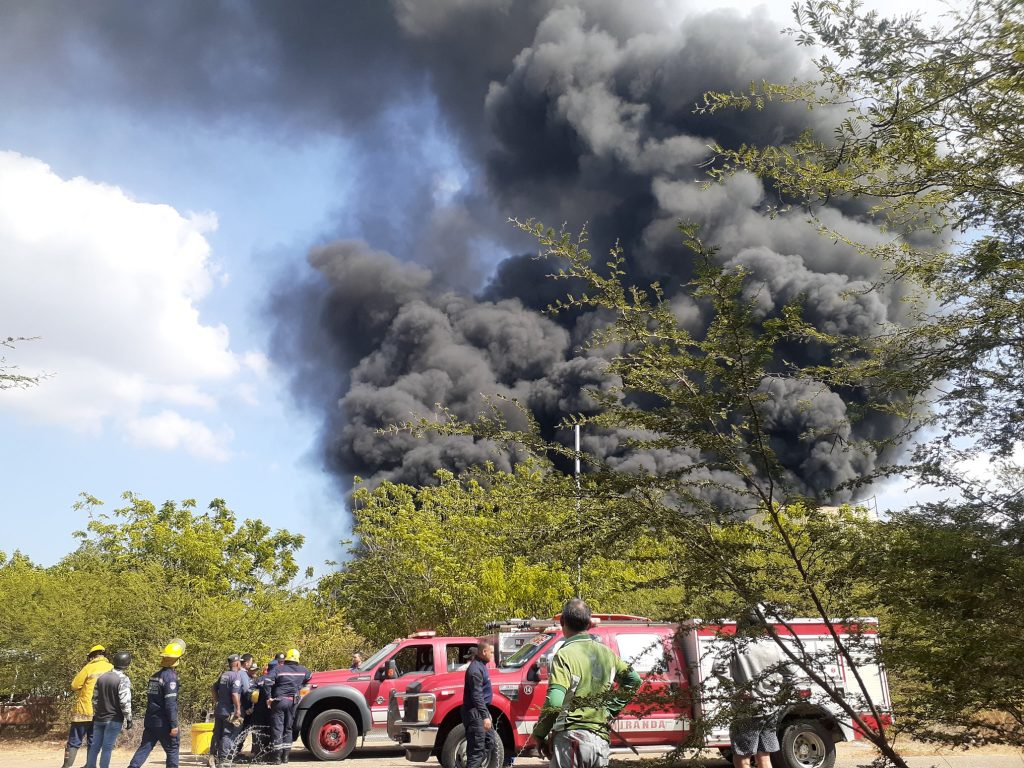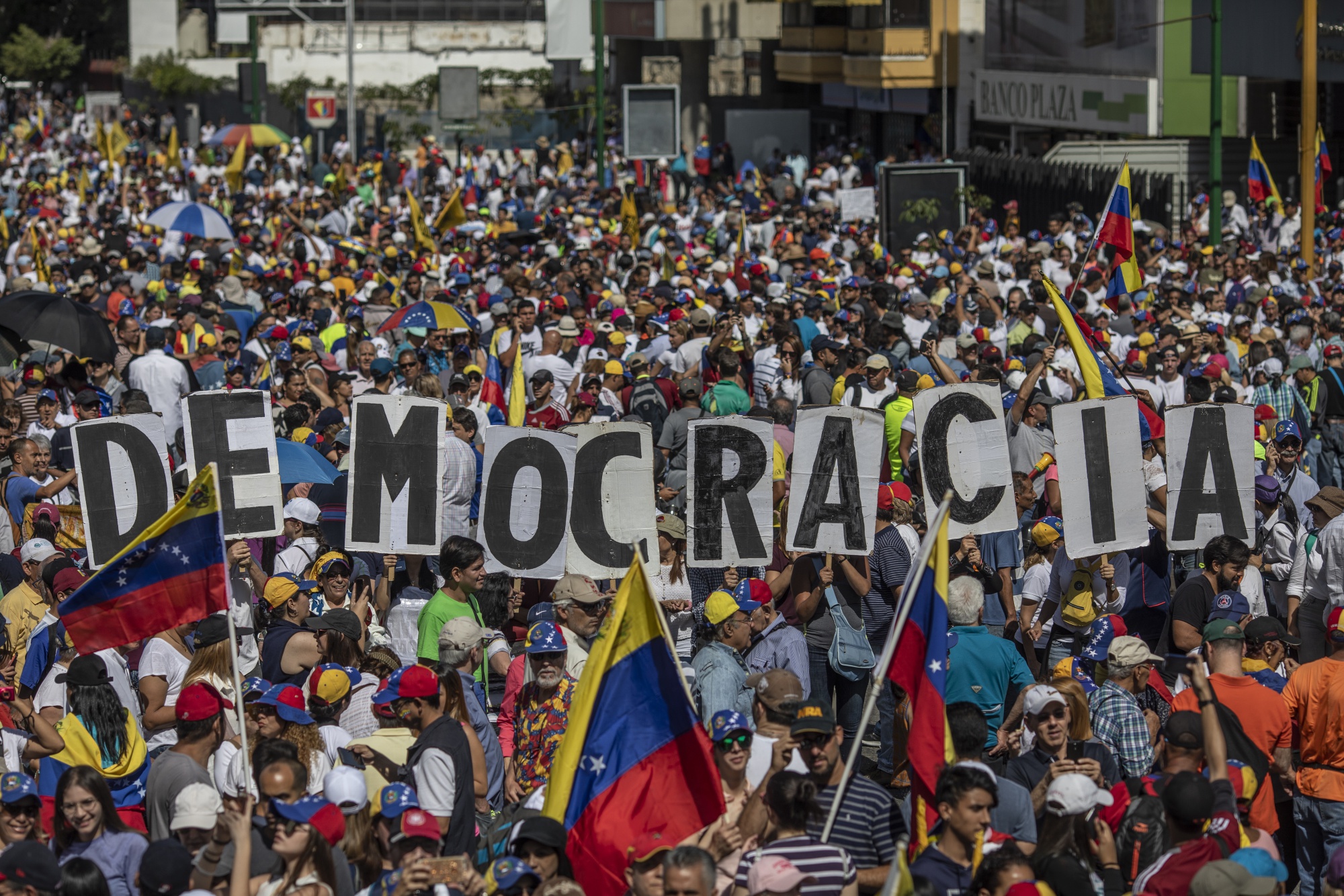Shortly before the alarm rings, at 5.00 am, Ligia gets up because she has to take advantage of the electrical service, or “luz” as it is said colloquially. Her family still sleeps so she moves slowly and silently.
She has not had gas for several weeks. The truck that distributes it comes from time to time and usually its arrival is a surprise for Ligia and her neighbors, because they are never informed when the truck will go to the neighborhood. Before, it was enough to go or call the gas distribution company. The payment was done by transfer, using a debit or credit card in the offices, or in cash both in the offices and to the truck drivers.
Three nights ago, the truck arrived and parked in front of the house of Ligia, who was having dinner. From the kitchen window she spoke with the driver, who does not accept transfers. Only cash … The medium-sized canisters cost 15 thousand bolivars… was the answer that Ligia received.
Of course, Ligia could not buy the gas as she did not not have the cash. She needed 30 thousand bolivars, which means going to the bank for 10 days, since the maximum amount of cash dispensed by the ATM is three thousand bolivars a day.
Ligia cooks in a two-burner electric stove that needs to be checked because it has suffered damage due to the instability of the electrical service. The blackouts are persistent. They last between 7 and 8 hours a day, sometimes continuous and other times split in two or three time blocks during the day. There are more nights spent in absolute darkness than those with the lights on.
That is why she should take advantage of the fact that there is “luz” to be able to cook and wash, because if she does not do it, her family would not eat and there is not enough money to eat out.
She leaves the house in search for some vegetables. As there is no public transport she must walk several blocks and in the distance she can observe the long queues at the gasoline service stations. There, drivers spend up to full 5 days, day and night, waiting to fill gasoline for their vehicles.
People openly reveal that they sell their spot in queues for dollars or Colombian pesos. They also mention that the members of the Guardia Nacional Bolivariana (Bolivarian National Guard) charge and establish the so-called VIPs, those who are from the government, friends of the military or who pay and therefore do not queue and can fill the tanks of their vehicles without any problem.
She looks at the clock and rushes back home because she has spent more than an hour on the street.
When she gets home, Ligia faces her sad reality: There is neither “luz” nor water.
She sits in her living room, not knowing what her family will eat, while her husband approaches and says: “Who knows at what time the electricity will come back? By the way … there’s no water either.”
In the meantime, she mentally calculates how much she spent on buying vegetables, to see if there is enough left to buy bread and slightly appease the hunger.
Provea




